In the 1970s in the Philippines President Marcos imposed several referenda to justify his continuation of Martial Law, first introduced in September 1972. There was enormous intimidation, particularly from the military, to support a ‘yes’ vote for the 1973 referendum, despite Marcos’ track record as a cruel and avaricious dictator. Some may say I may be drawing a long bow to compare the Marcos dictatorship with the current Australian political system but there are similarities.
I recall the days in 1973 in a small town called Catarman in the southern Philippines when our little Christian community was encouraging people to consider a free vote for the referendum and not be intimidated by government and military. We encouraged people to vote ‘yes’, ‘no’ or even to boycott the vote entirely to exercise their democracy. One Sunday morning when I was preaching in the church on the topic, two jeeploads of soldiers, armed with armalite weapons, drew up outside and stormed into the church, surrounding the congregation on all sides. It was a terrifying moment but fortunately was intended as pure intimidation and ended without incident. In the end, not surprisingly, Marcos’ referendum received a majority of ‘yes’ votes and he stayed in power to wreak more havoc.
I’ve been thinking of those days since Kevin Rudd announced an election for September 7th. I think it’s become clear for many commentators that both sides of government have lost the high moral ground because of their appalling asylum seeker policy, which has become crueller by the day. Particularly impressive in recent days has been the commentary coming from Eureka Street (http://eurekastreet.com.au/). An article by Walter Hamilton calls ‘shameful’ the dumping of asylum seekers on Nauru and compares it with ‘the way Australia was used by Great Britain in the 18th century to dispose of a British problem.’ (http://www.eurekastreet.com.au/article.aspx?aeid=36902 ) An exaggeration? I don’t think so.
I’m finding it difficult to consider voting either Labor or Liberal in the coming election. I want to vote informally to register my disgust but what will that achieve? Policy on asylum seekers by both sides of government amounts to immoral and cruel treatment and renders members of these parties ineligible for a vote in my mind. Should I vote Green or Independent, these votes will hardly translate into effective policy.
But what would my meagre informal vote really achieve? In the 2010 Australian Federal election there was an informal vote of only 5.6%, hardly a resounding statement, considering that some of these votes would have been accidental rather than intentional. 25-year-old Akram Azimi, Young Australian of the Year, who fled Afghanistan with his family in 1999, appreciates the value of the vote. ‘I grew up in a country’ he says ‘where democracy was a foreign concept, where a vote was a thing almost mythologised because it was so far removed from our immediate reality.’ How could anyone disagree with this man’s enthusiasm for the vote? I wish I shared his passion.
Perhaps I should just vote formally for the candidate of my choice and also write a rude message on the voting form – something like: Scrap current asylum seeker policy – start again with compassion!
What do you think?



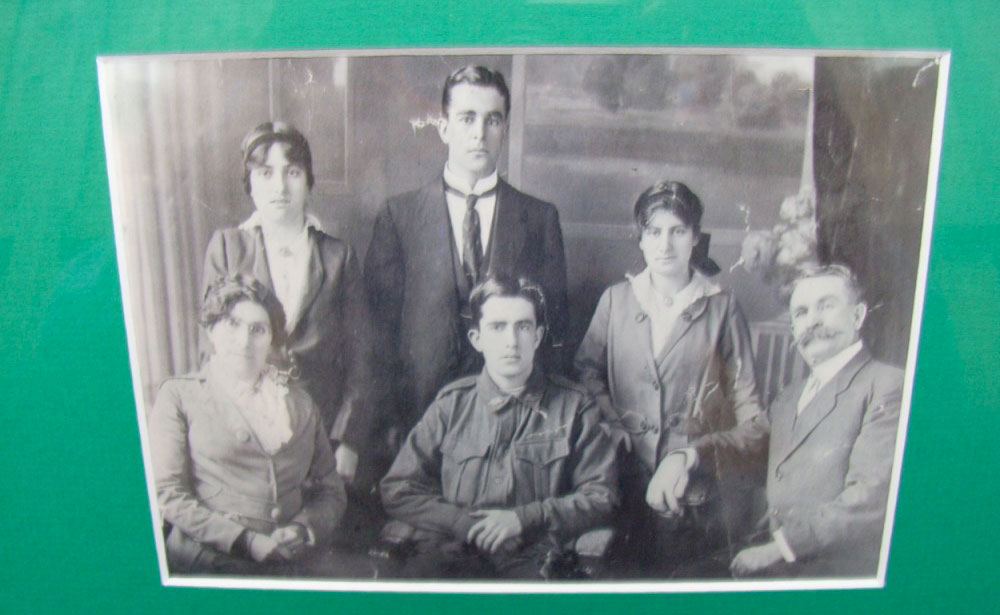
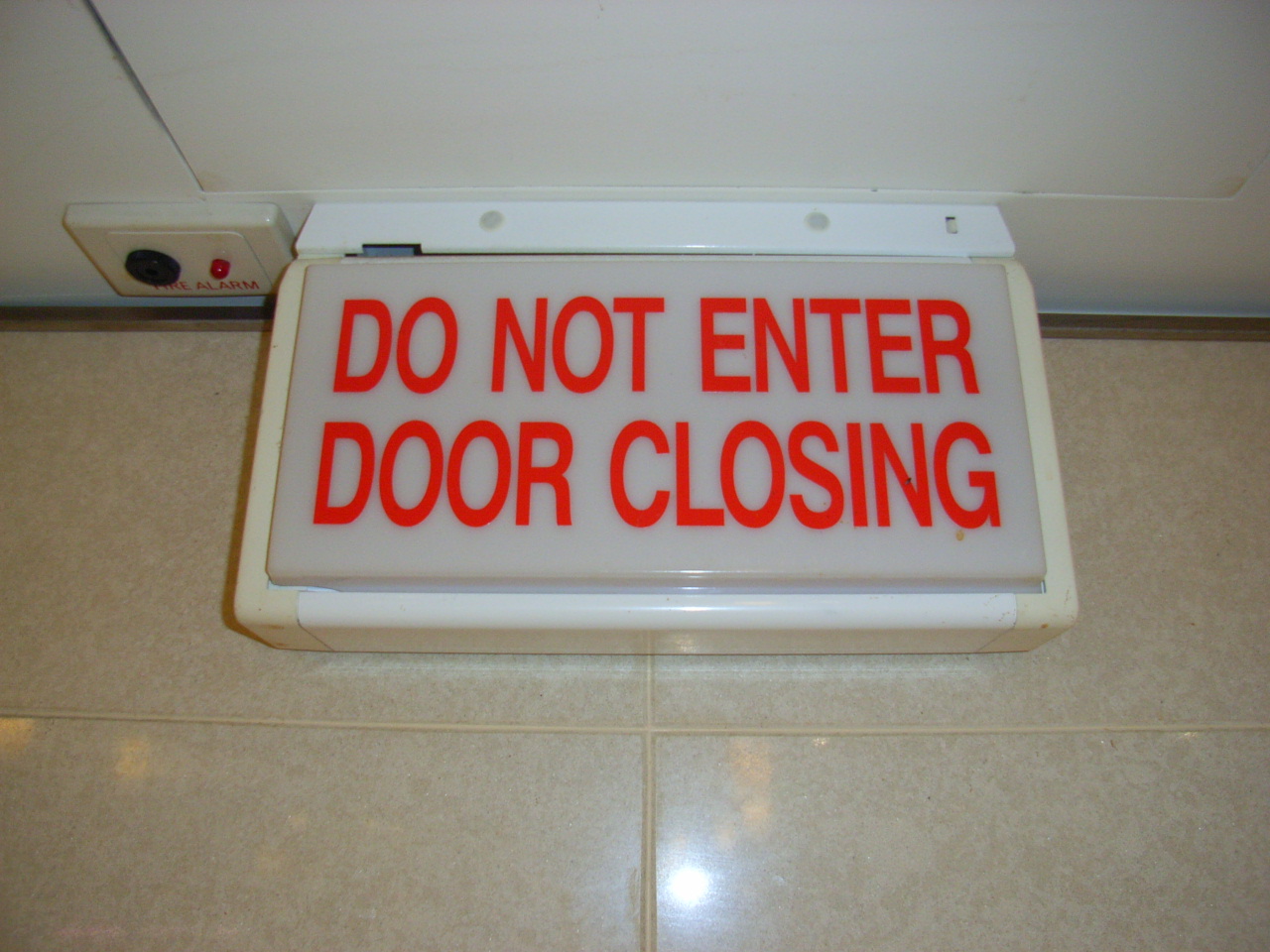
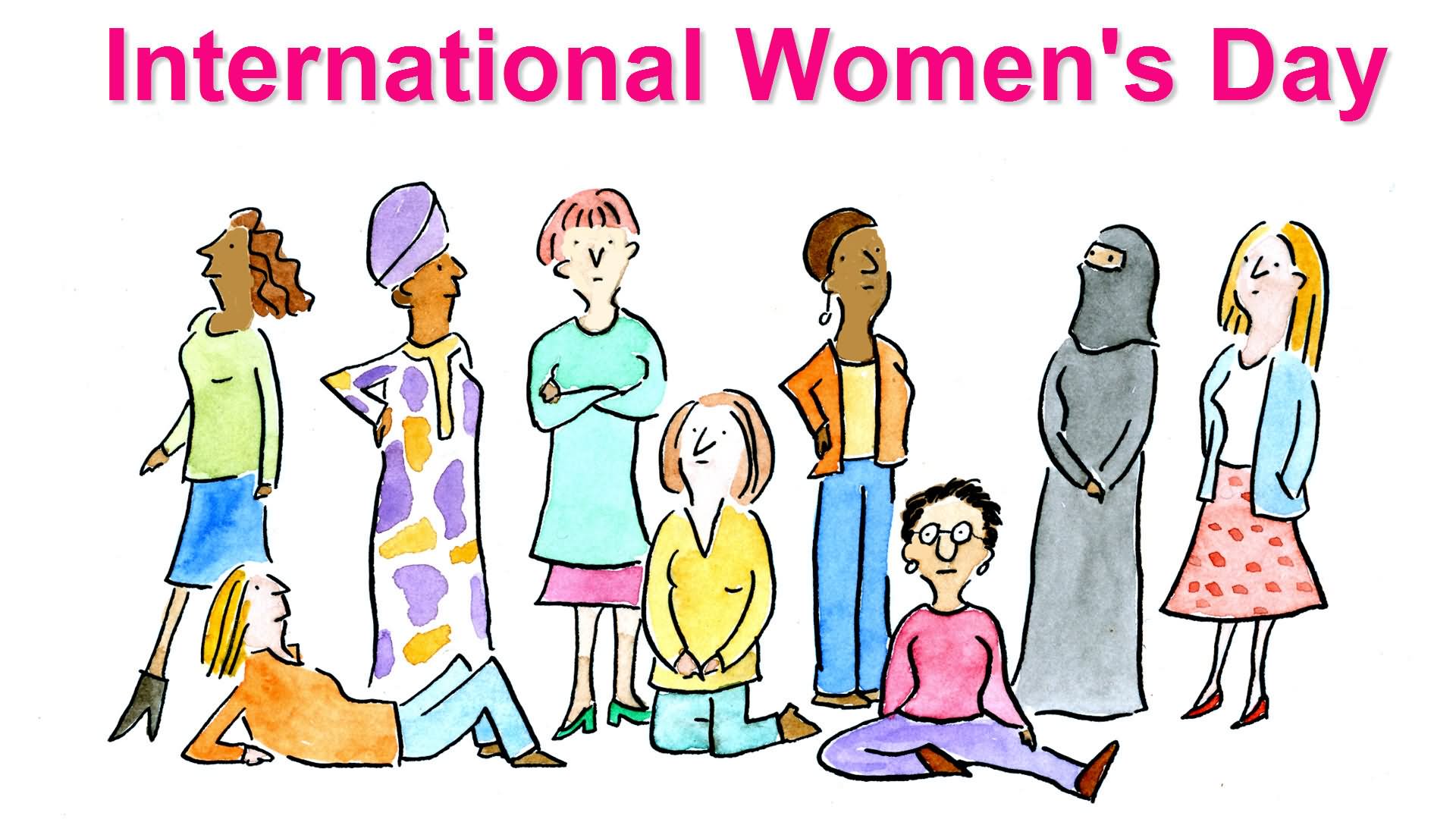
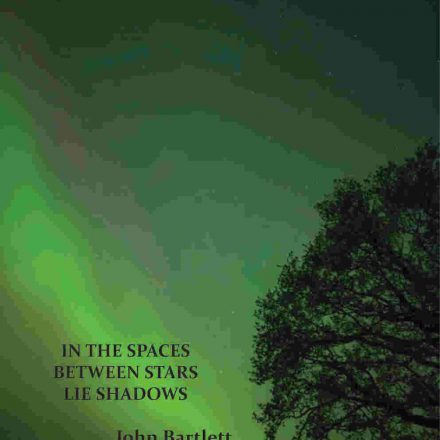
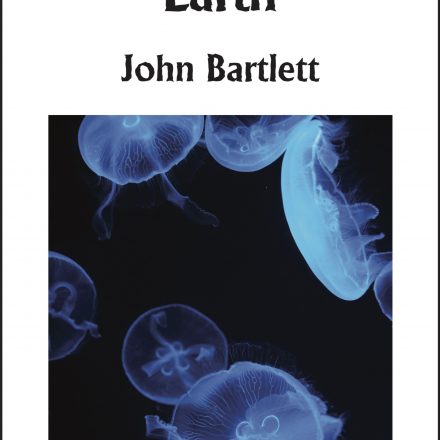
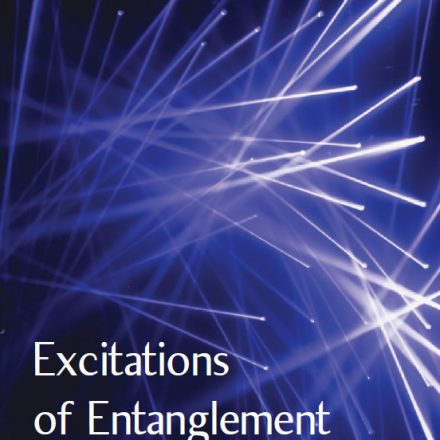
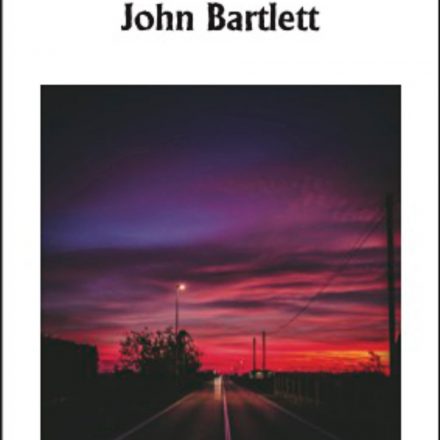
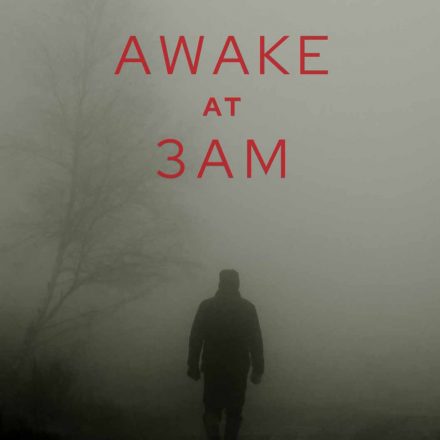
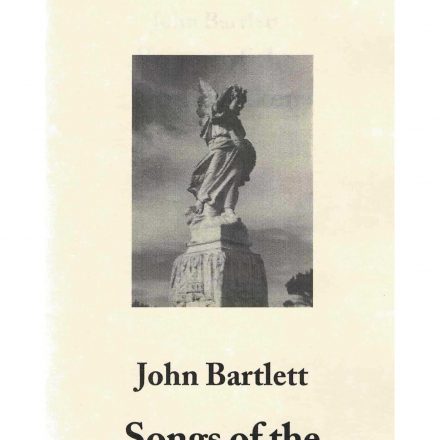

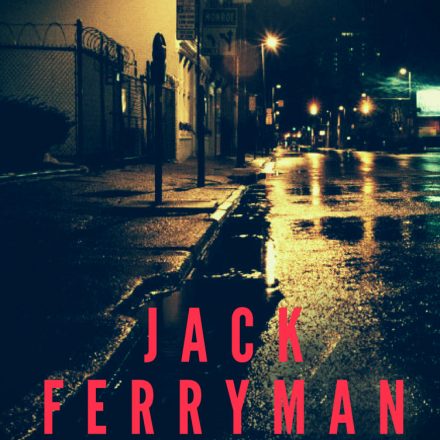
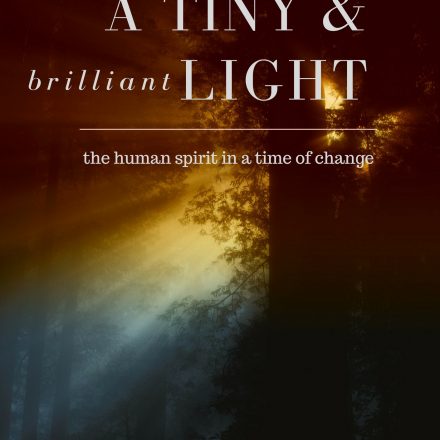










I don’t think the comparison with Marcos is far-fetched. Things in Australia may be better for most people but that’s got a lot to do with wealth and educational levels and expectations rather than the intrinsic superiority of our political system. Many of us are cushioned to some degree but if you’re, say, an asylum seeker, a victim of domestic violence, disabled, Indigenous, Muslim, poor or anyone who challenges the status quo, life can be grim and powerless. I never expect either of the major parties to represent my views, so this election doesn’t seem very different, just a little more stark. It’s appalling to see what the Labor Party is doing with asylum seeker policy but not a great surprise when you look at its longer term positions on immigration. I don’t think the parliament is where politics happens but rather wherever people come together: on the street, in workplaces and families and whenever people connect through their ideas, whether expressed in a book or a blog or any other cultural form. For what it’s worth, I think expressing your views on the blog and having people engage with the issues is more important than whatever you might do on election day. It’s a worthwhile and authentic way to engage in political debate.
Given that Heartsong has already replied to comments received, I am rather late in posting a reply, but the challenge of how to vote this year is greater than I recall for many years past. A quick reply was out of the question.
A lifetime ago, one of my high school teachers stated in class that, theoretically, one should vote for the candidate, not the political party. He emphasised theoretically. I view my local Labor candidate as a generally honest, caring and competent person; but I view the Labour Party as disorganised, unsure of where it stands on climate change, and cynical in the extreme towards asylum seekers. But even then, better on all counts except one, than the Coalition. The one exception is Aboriginal affairs, on which I actually do trust Tony Abbott.
Where I live, an election is essentially a 2-horse race. While I actively supported the Australian Democrats for more than nine years after 1978, their HR candidates never got close to winning. In recent elections, the Greens have fared no better.
So, totally opposed to Rudd’s arch-cynicism on refugees and absolutely unimpressed by the naive game of musical chairs which passes for leadership in the ALP, I will vote for my local Labor candidate, albeit with a strong sense of frustration. And the Greens are looking good for the Senate.
Ouch! Quite rightly I’ve been reprimanded by a number of respondents here about devaluing the power of a single vote. In my defence all I can say is that sometimes one gets overwhelmed by the juggernaut that is the Labor/Opposition, gobbling up everything in sight.
For my penance I will be volunteering on election day to hand out ‘how to votes’ for the Greens – true story.
And Gabrielle you were quite right to remind us how the Climate Change question has slipped off the radar. This is a grave issue that needs to be faced and yes Labor has done something, but needs to be braver. If this was considered a national emergency, like war- which it is- governments would be a bit sprightlier.
To escape the electioneering all round us today I’ll be going to my local bookshop,Torquay Books, run by my friend Rosemary for National Bookshop Day. It should be fun away from politics.
Hi John
I agree with the previous commentators that a vote for the Greens is definitely not a wasted vote. They keep the two major parties on their toes. As Dunstan said when he formed the Democrats, ‘Let’s keep the bastards honest”. No, they don’t have a lot of power, but they have some, and it has benefited Australians in the past and will, I believe in the future, as I believe their proportion of the vote and their influence will grow.
Therefore, I would see that as a more useful protest than an informal vote.
You are, understandably, disenchanted with both major parties over the aslyum seekers issue, but I think there is an even more important issue to consider when weighing your vote – climate change. People do not seem to understand the probably catastrophic results which changes in temperature and weather patterns will bring to our agriculture and the massive refugee problems and resultant hostilities which will follow as MILLIONS of people are displaced by rising waters. ‘Eureka Street’ had a sobering article on the issue just last week.
Ask yourself what will happen if our wheat crop fails because of changes in rainfall patterns? What about the potential loss of meat if drought results in no grass for sheep or cattle or previously unknown monsoons cause flooding and new diseases? Australians will suffer but will probably survive; however what about the poorer nations? What effect will imminent starvation have on world stability? And who will house the people of Bangladesh, whose country is already frequently flooded, and other low lying countries?
THIS is the big issue of our generation and Abbott doesn’t believe any of the scientific proof that it’s happening. Labor have not done anything like enough to address the issue but at least they admit there is a problem. I shudder at the thought of having a Prime Minister who will dismantle the initiaves already in place and refuse to engage in meaningful dialogue with the rest of the world about how to mitigate the effects of this coming catastrophe.
I think this is a time when every vote counts.
Gabrielle
Despite the media’s hue and cry about the supposedly dreadful results of a hung parliament,and the ‘detrimental’ power of the Independents and the Greens I for one view them as a means of checks and balances on the seemingly unthinking,unfeeling ‘tow-the-line-no-matter-what’ mentality of both major parties.
The effeciveness of the independents and Greens may not be as dramatic as those sensationalised by the major parties but I do believe they play a part in ‘keeping the bastards (more) honest than if they hadn’t been there.
As for voting informally, too many people (especially women)suffered too much and for too long for me not to take it as priveledge so, small as the gesture of my one vote may seem, I choose to hope/believe it does and will make a difference.
Hi John, If you leave a little message on your voting slip, it will be counted as informal and of no use. Don’t waste your vote, many other countries would love to have the right to vote as we do, and at least try and elect the lesser of two evils of your choice.
Interesting perspective. I agree with you on the asylum seeker issue, but not that a Greens or Independent vote would not translate into effective policy. Were it not for Greens and independents we would not have any policies on gambling or climate change. The 1.6 million people who voted for the Greens in 2010 effectively enabled the party to negotiate a $5 billion Denticare program that has enabled the one in three Australians who cannot afford it to see a dentist. I could go on and on, but really I just want to say that when you vote Green/independent your vote definitely counts, though the ALP and Lib/Nats would have you believe otherwise.
I’m with Akram Azimi – a vote is a precious right that should not be squandered. If you want to protest, do that, because we can do that freely in Australia; the ballot box is not the appropriate forum, though. And the only people who will read a rude message on the voting form will be the poor suckers who have to check and count the ballots – best to contact your local representative and give her or him an earful; that is why they are in office, after all! btw, the election will be held on 7 September. Happy voting!